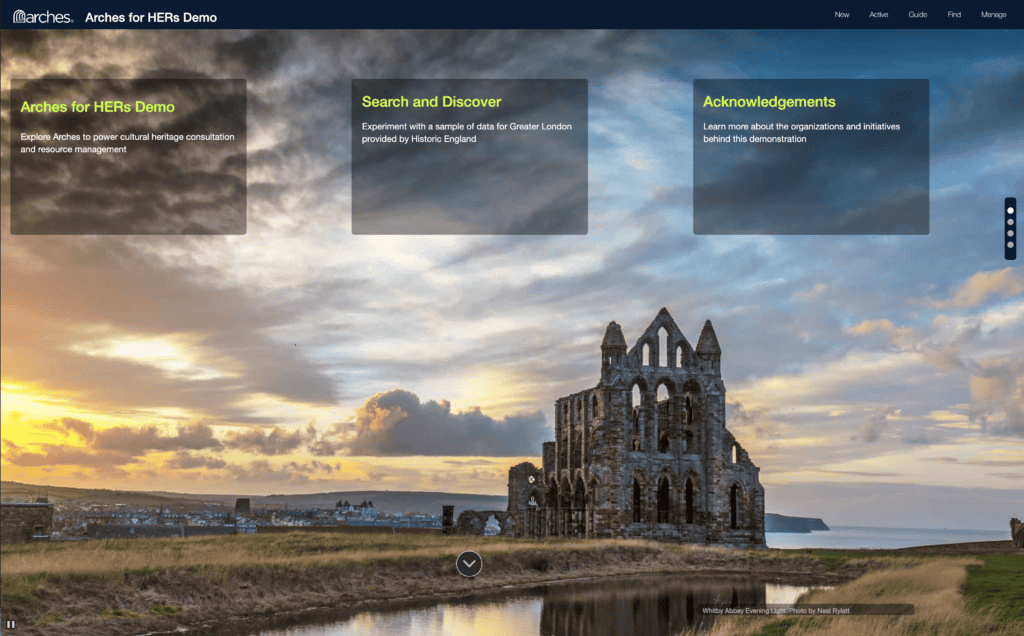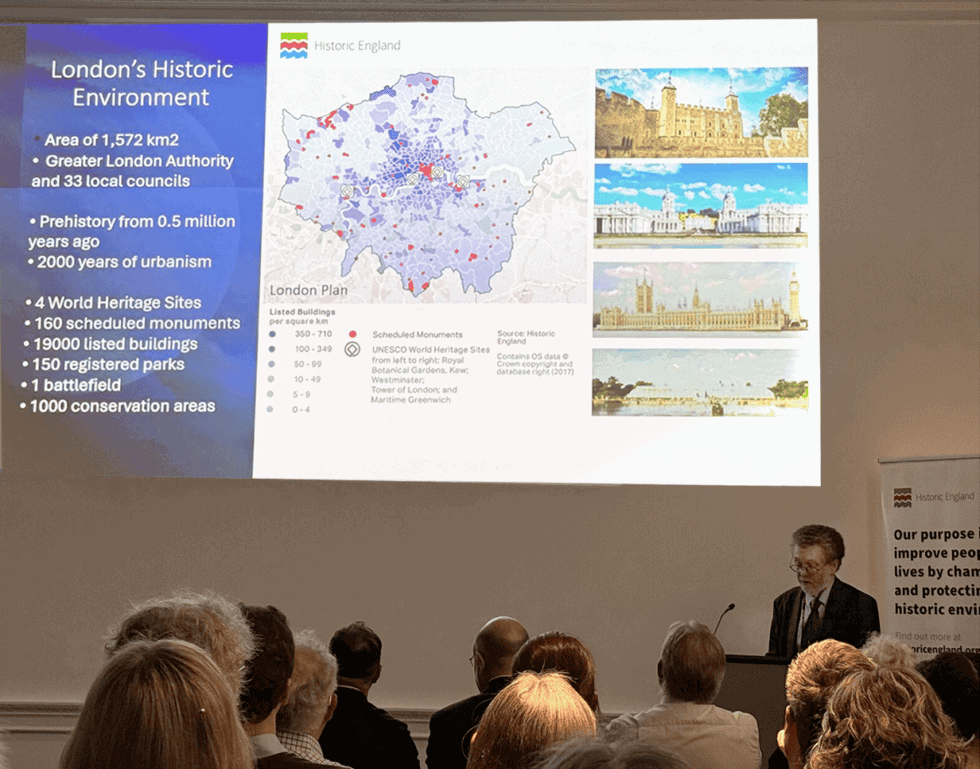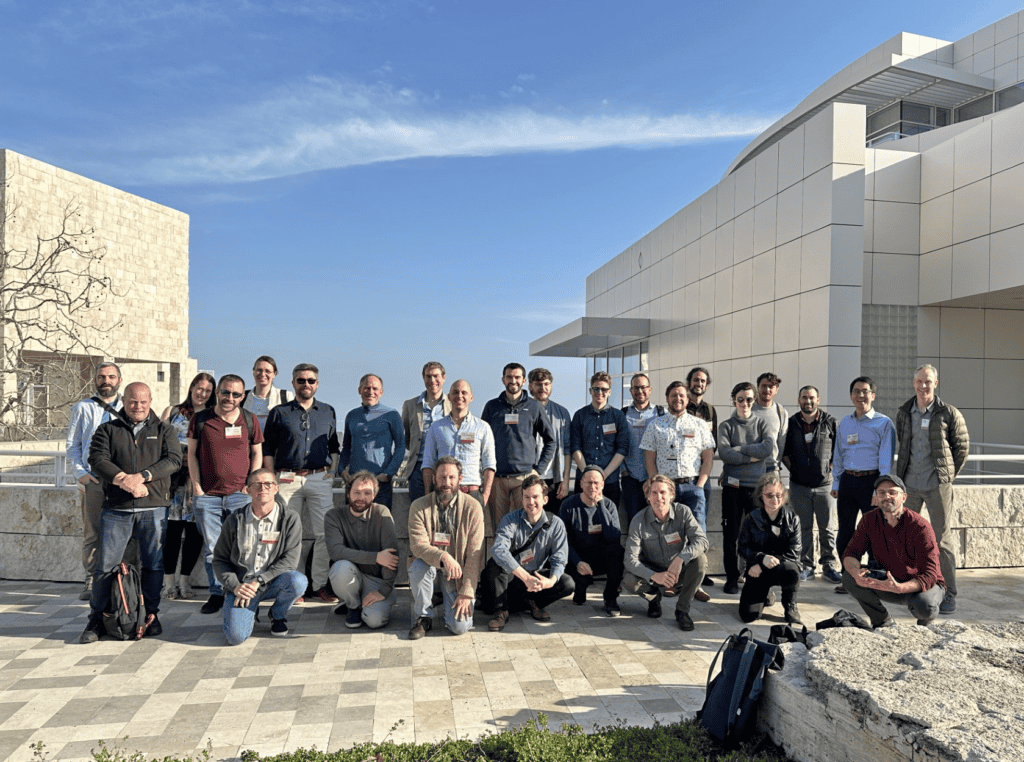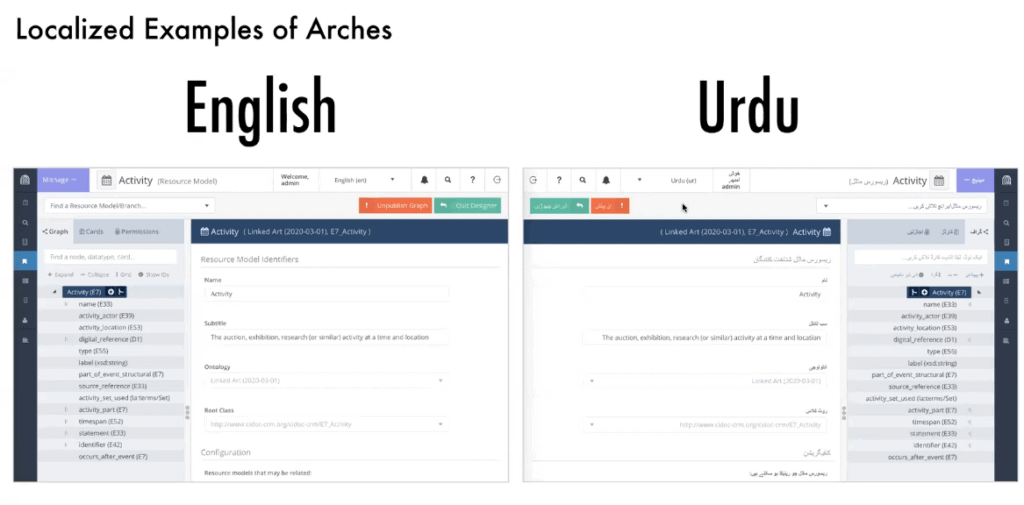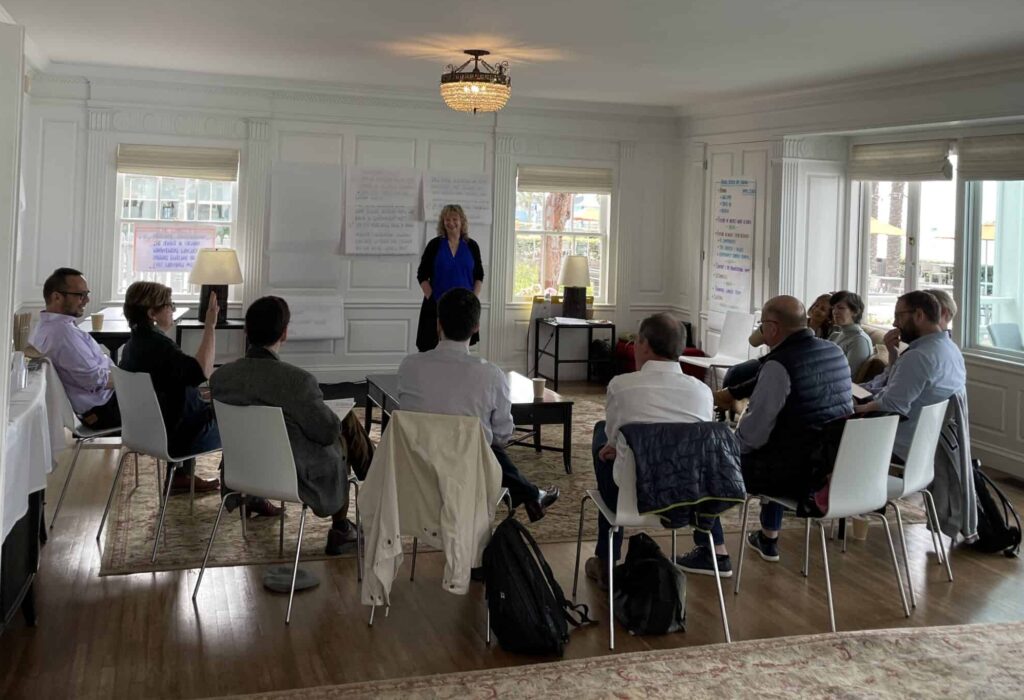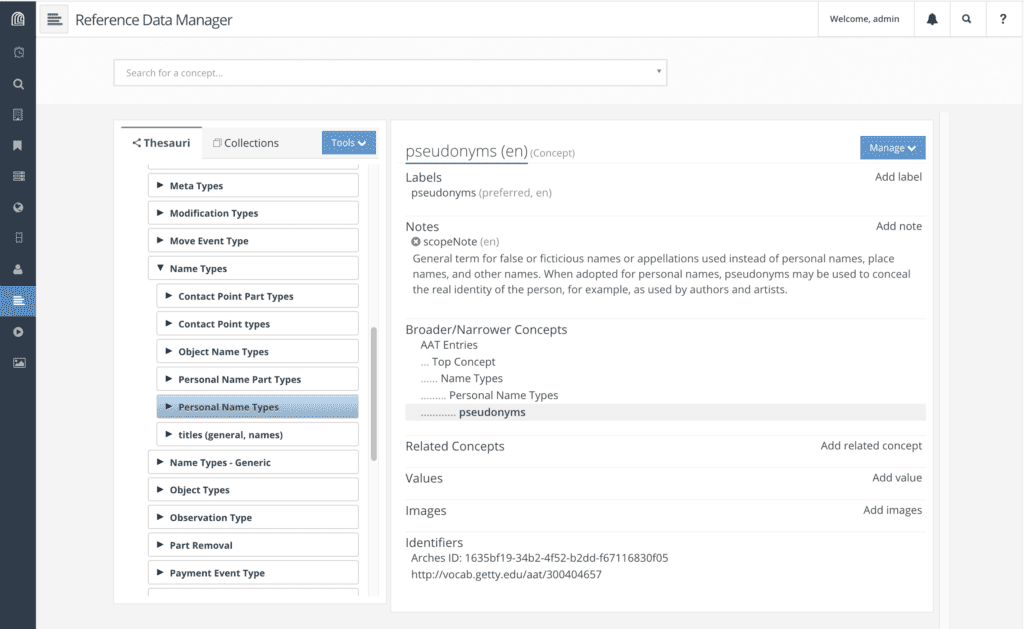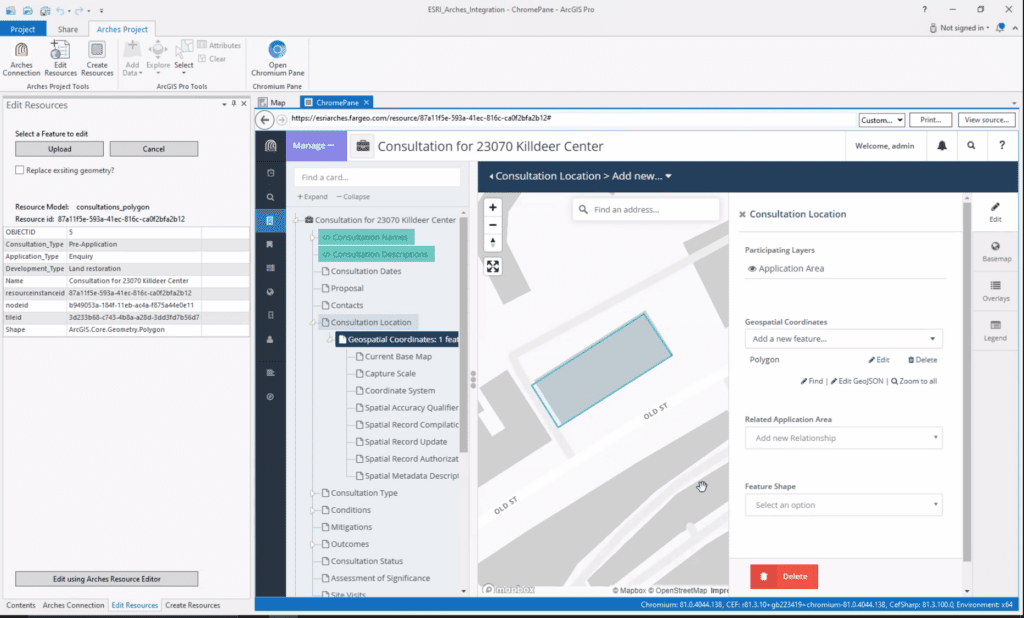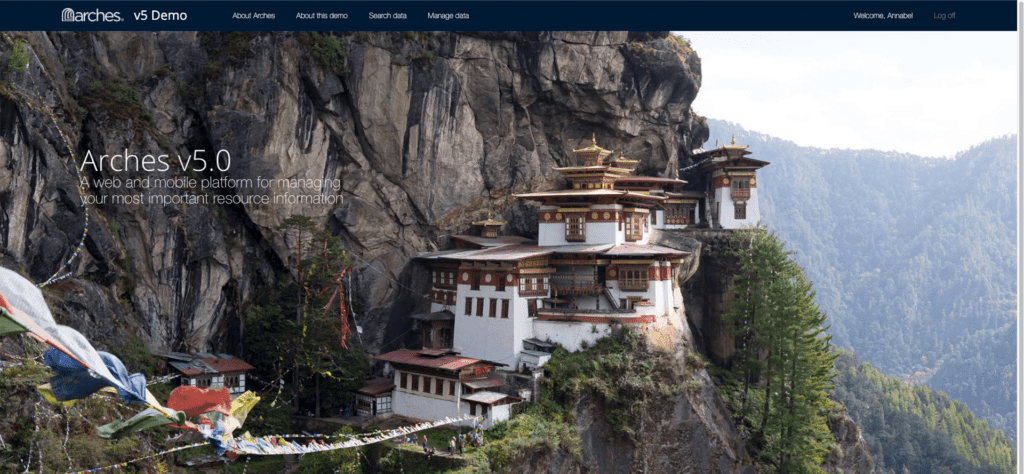Arches Timeline
The Arches Governance Initiative establishes a new structure to integrate input and decision-making by the Arches community, and produces a governing charter
New features of this long-term support release include: permissions frameworks, support for plugins, and updated data bulk import and concept editing capabilities
Resulting from a long-term collaboration between the Getty Conservation Institute, Historic England, and the City of Lincoln Council, this application is purpose-built for UK HERs
GLHER Online, powered by Arches for HERs, goes public to share greater London’s rich heritage and support urban development consultations. Milestone was celebrated with a launch event in London, UK
First instance of Arches software being used to exclusively manage museum and archival collections data
Organized by Farallon Geographics, this event drew over 30 developers to discuss priorities surrounding the development and contribution process and improve collaboration.
New aspects of this version include: an accessibility mode that implements features that meet AA level accessibility requirements (developed in collaboration with Historic England).
This community stakeholder group was convened by the GCI to advise on transitioning to a more community-governed and sustainable open-source project.
New features in this version include: internationalization & localization functionality, thanks to the generous support of the Arcadia Fund.
The GCI Arches team and external stakeholders meet to discuss planning for sustainability & community-driven governance for the Arches project, identifying key goals and next steps.
New features in this version include: a IIIF image service manager & improvements to Arches Workflows.
All new, robust, stand-alone Arches RDM is under development.
Attendees discussed software development & code review for developers who want to be part of the Arches open-source software contribution process.
New features introduced in this version: Arches Workflows, a flexible tool to manage numerous routine tasks for heritage management and conservation science.
This mobile data collection companion app for Arches facilitates data collection and editing in the field, including images.
User group in the UK becomes space for those implementing Arches to share experiences, expertise, & combine efforts.
This event, with attendees from UK, the Philippines, Nepal, Canada & the US, guided developers in customizing and extending the core functionality of Arches Version 4.
Last updated: February 2025
